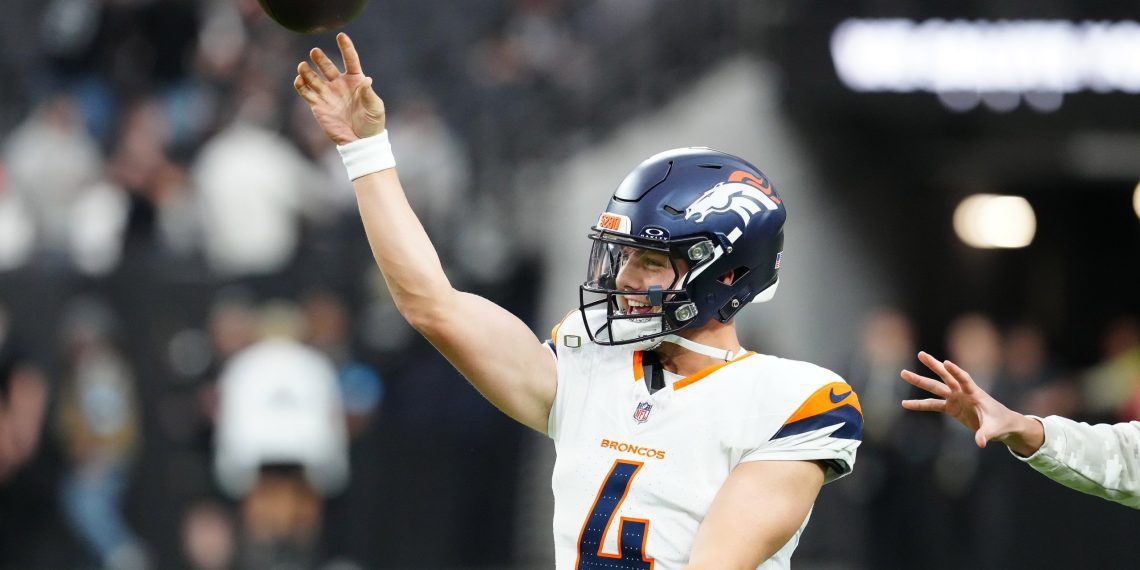Quarterback Gamble in Miami
In an effort to mitigate last season’s quarterback challenges, Miami has taken an unconventional risk by signing a young player with untapped potential to serve as the backup. With Tua Tagovailoa’s health and durability raising concerns after several games with limited scoring, the team has looked to rewrite its narrative by banking on a former top prospect.
Zach Wilson’s Unfinished Story
At just 25 years old, Zach Wilson carries a blend of collegiate brilliance and NFL missteps from his stints with previous teams. Originally celebrated as a standout at BYU and a high draft pick, Wilson’s early professional career was marked by sporadic opportunities and developmental hurdles. His tenure with the Jets saw him accumulate modest stats alongside a challenging win-loss record, and subsequent time with the Broncos underscored his struggle to adapt fully to a faster-paced game. Despite these setbacks, head coach Mike McDaniel champions Wilson’s inherent talent—a product of years of observation dating back to his formative days under the tutelage of innovative coaching minds. McDaniel views Wilson’s raw ability as one requiring a few more adjustments in pocket discipline, and he believes that with the right support, Wilson’s skills could evolve to make a significant impact on the field.
Learning from Backup Setbacks
Miami’s recent experience underscored the critical need for a reliable backup during Tagovailoa’s absences. Last season, a series of unfortunate events—a concussion against a formidable opponent followed by a hip injury—limited their starting quarterback’s availability. In response, the team relied on several players, including a young signal-caller whose limited game time and on-field miscues did little to inspire confidence. One miscue in a game with a promising lead, where a fumble turned defense into offense for the opposition, served as a stark reminder of the repercussions stemming from insufficient depth at the position. Additional contributions from practice squad call-ups provided some stability, yet the overall record in Tagovailoa’s absence reflected the team’s vulnerabilities.
Navigating the Market for Backup Talent
The offseason proved to be a period of critical evaluation and strategic maneuvering in the pursuit of a dependable backup quarterback. Miami assessed several potential additions in a market that often witnesses competitive bids and calculated investments in experienced players. While other teams secured veterans or familiar faces with proven track records—and often with financial commitments exceeding that of Wilson—the Dolphins made a deliberate choice by opting for a candidate with both high upside and developmental potential. This decision mirrors the team’s philosophy of embracing calculated risks, particularly when the backing for their starting quarterback appears uncertain due to prolonged injury histories and evolving in-game demands.
A Calculated Risk for Future Growth
Coach McDaniel encapsulated the team’s mindset succinctly: adversity can either be a catalyst for growth or a perpetual challenge. His conviction in Wilson’s potential solidifies the manager’s strategy, one that hinges on nurturing underdeveloped raw talent rather than immediately investing in established successors. Despite acknowledging the inherent risks—such as Wilson’s previous struggles with turnovers and adjusting to a faster NFL pace—the coaching staff remains optimistic. The calculated gamble reflects Miami’s belief that robust, nuanced development can eventually redefine Wilson’s role and the overall quarterback constellation within the team.
In summary, Miami’s current approach to bolstering its quarterback depth signifies both an acceptance of past lessons and a forward-thinking attempt to build a more resilient roster. The unfolding narrative around Zach Wilson is one of potential transformation, rooted in the confidence that with guidance and opportunity, hidden talent can translate into a significant asset on the field.









